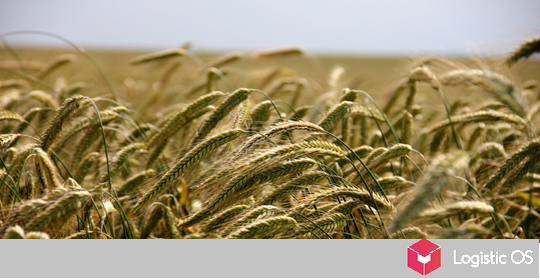A large number of mergers and acquisitions was a forced response to declining profitability.
Next year, experts expect significant growth from the Russian agricultural market: up to 33%, when compared with 2022.
Already, the revenue of Russian agricultural enterprises has reached 20 trillion rubles, which is an increase of 10% compared to 2022.
Experts believe that the driver of future market development will be, first of all, powerful exports, provided that world prices remain high.
We are mainly talking about oilseeds and grain crops.
What problems do Russian farmers have?
From 2018 to 2022, the profitability of agribusiness in Russia grew continuously, but then it had to face a significant decline.
In particular, this happened due to a decrease in world prices, as well as an increase in production costs: prices for fertilizers and agricultural equipment set new records.
Rising fuel prices have also become a noticeable problem.
All this has led to the fact that a number of enterprises simply cannot cope. Profitability falls, further work becomes unprofitable, and the owner often decides to simply sell his enterprise.
Currently, there is a real “boom” of mergers and acquisitions on the Russian market.
Experts attribute this precisely to a drop in efficiency. As statistics show, the profitability of large enterprises is often much higher than that of small ones, therefore, for the Russian agricultural market as a whole, the trend towards consolidation is not bad.
What are the dangers of non-core investors?
However, some analysts are sounding the alarm: not only an agricultural holding can buy a small agricultural enterprise, but also any buyer who has enough money.
And this is fraught with the fact that the owners of such enterprises may become people who are not related to this industry — for example, “oil workers” or “metallurgists”. This can result in very bad consequences for the company in the short and medium term.
For example, a new owner may, without taking into account crop rotation, begin to grow the most profitable crops. This will improve profitability for the first couple of years, but then the enterprise will be virtually destroyed for many years to come.
Experts believe that in a short time we can expect a second wave of sales of agricultural enterprises — when the new owners decide to get rid of them.
The current situation contains significant risks for the future development of the agricultural sector in Russia.
Despite the fact that in the short term, the influx of money from non-core investors can significantly increase the overall market capitalization.

